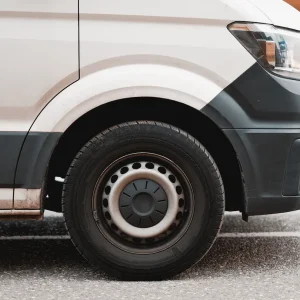Lengthening delays to new vehicle deliveries are set to place increasing importance on fleet maintenance, according to software firm Fleetcheck.
It said that due to the effects of the global semiconductor shortage, as well as Covid-19 and Brexit, manufacturers were quoting delivery times of up to a year on some models.
Managing director Peter Golding that while the situation was highly variable across different manufacturers and models, it was probably the worst new vehicle supply crisis that the fleet industry had ever experienced.
He said: “This creates a variety of issues but probably the most significant is that it means that businesses will have to keep operating vehicles that were planned for replacement for longer – and sometimes much longer.
“The biggest impact of this will be on maintenance. Fleets need to ensure that they have plans in place that will keep these vehicles operating in a safe and efficient manner.”
Golding said that issues were potentially more likely to develop among commercial vehicle fleets, given the pressures under which they have been operating during the pandemic.
“If you have a three-year-old car that has spent much of the last year being used much less than planned because of the rise of remote meetings during the coronavirus crisis, then extending its replacement to four years requires some intervention but is relatively simple.
“The picture is possibly going to be different for vans. There are a lot of light commercial vehicles that have undergone heavy usage over the last year in everything from front line pandemic services to home shopping. Not being able to replace a van that is already six years old and already perhaps already considered well past its prime by its operator is an issue.
“Fleets need to look at these vehicles very closely and perhaps step up the inspections regime that they are undergoing. It is all about doing as much as possible to ensure safety and reliability, that these vehicles are fit for use in both a personal and operational sense.
“Certainly, we are now having in-depth conversations with some of our customers who are finding that they cannot easily replace their most aged vans and advising them on maintenance measures that should be taken, almost on a vehicle-by-vehicle basis.”





